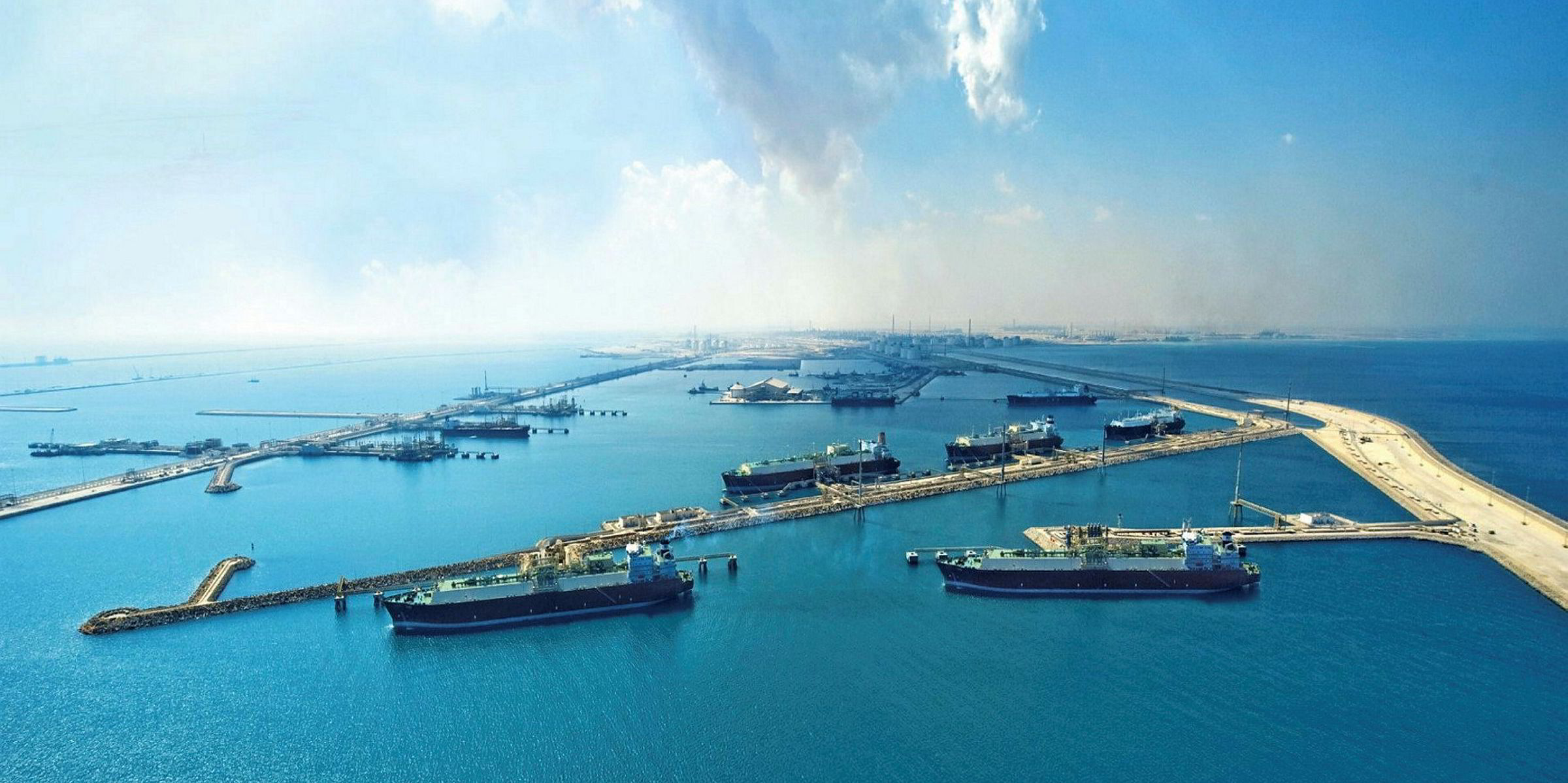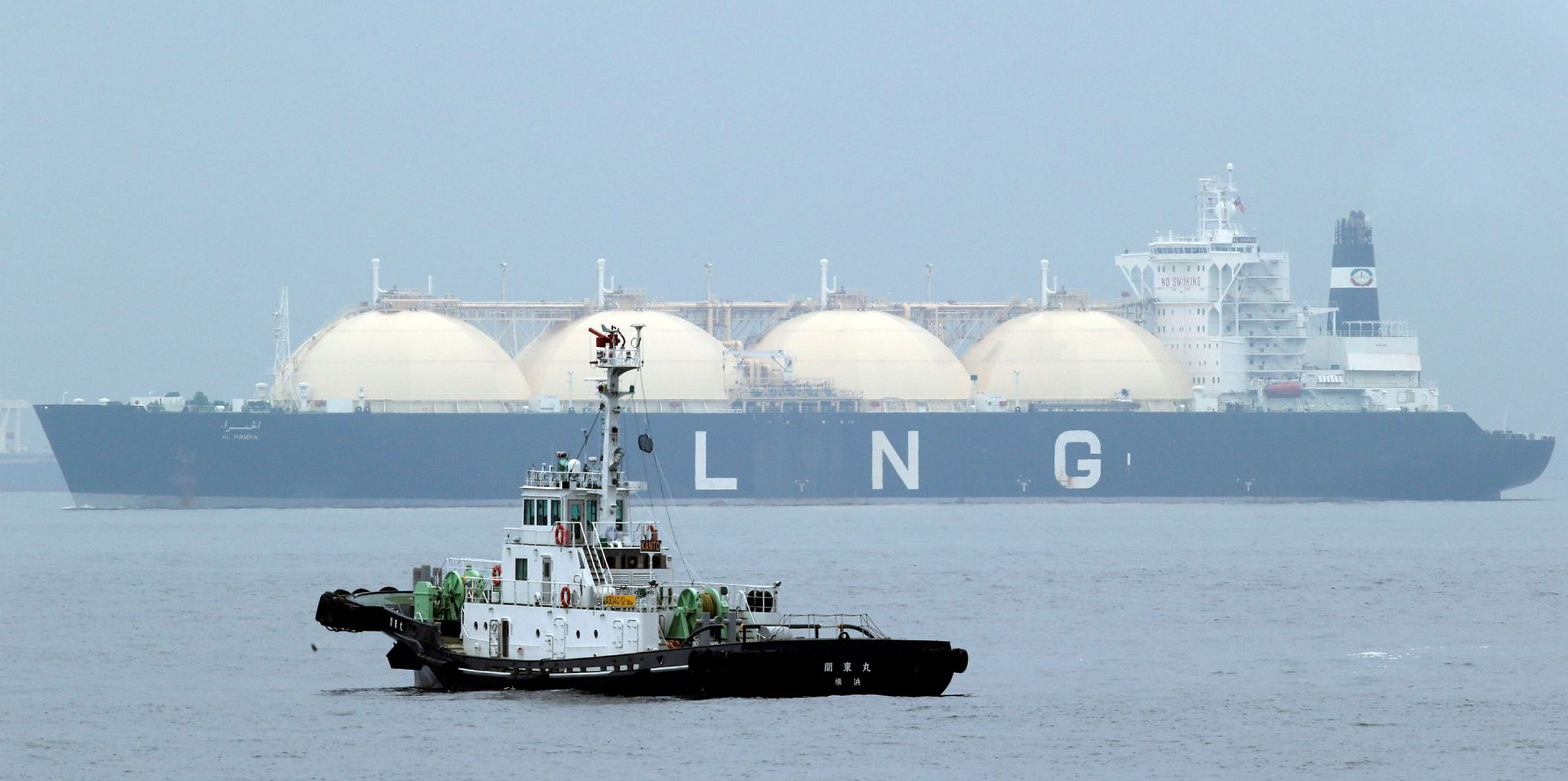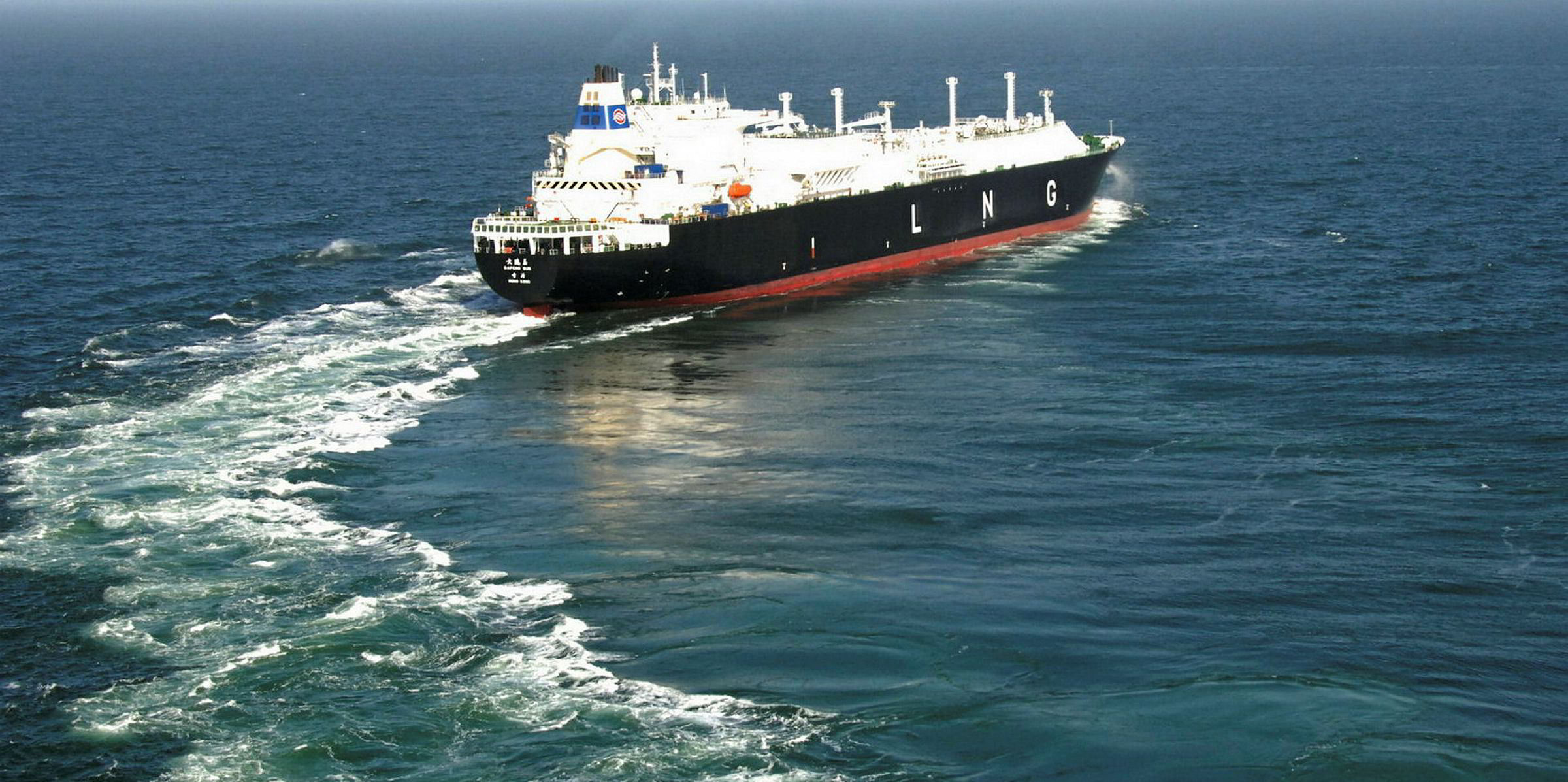Spot charter rates for LNG carriers have slumped as Chinese demand recedes due to coronavirus fears permeating a weak market — in which gas prices have hit historic lows.
Brokers reported falls across all vessels types and geographic basins, amid talk of ship diversions from China and early signs that some cargoes are being stored afloat.
Plummeting rates
One referred to plummeting rates as a “bloodbath”, with daily levels for the most modern gas-injection vessels down to between $55,000 and $60,000 per day, from about $75,000 per day at the end of last month.
Rates for tri-fuel diesel-electric LNG carriers are down to about $45,000 per day from $60,000 per day over the same period, and steam-turbine ships are at $35,000 per day, down from about $50,000 per day.
While many sources were cautious about attributing vessel diversions solely to coronavirus issues, China is clearly taking fewer cargoes.
Vessel diversions
Several Q-Max vessels from Qatar were seen shipping cargoes originally flagged for China to other Atlantic basin ports. Australian LNG producers have also been rescheduling some shipments.
Qatar Petroleum president and chief executive Saad Al-Kaabi said last week that the country's energy companies are working to reroute and reschedule cargoes to China in response to the coronavirus outbreak.

Complicating the picture further, gas prices in Asia and Europe have crashed to historically low levels.
The number of cargoes deemed to be held as floating storage is slightly higher than those logged in the same period in the past two years, but is not yet at a level to give any upside to shipping rates, one said.
Brokers said there was already an overhang of tonnage in the market, so any of these virus-related factors have yet to make any clear impact on a depressed LNG shipping sector.
For owners with open tonnage, energy major ExxonMobil offered some action, seeking an LNG carrier to take on time-charter business from May for a period of between eight and 11 months.
The vessel is needed to replace the 173,611-cbm Stena Crystal Sky (built 2011), which is due to be redelivered by the major in May.
Brokers said they expected the rush on this business could drive rates lower.
“With bearish sentiment and ample availability we expect the fixing rate on the period charter to be substantially lower than comparable deals done in recent months,” one said in a report.






